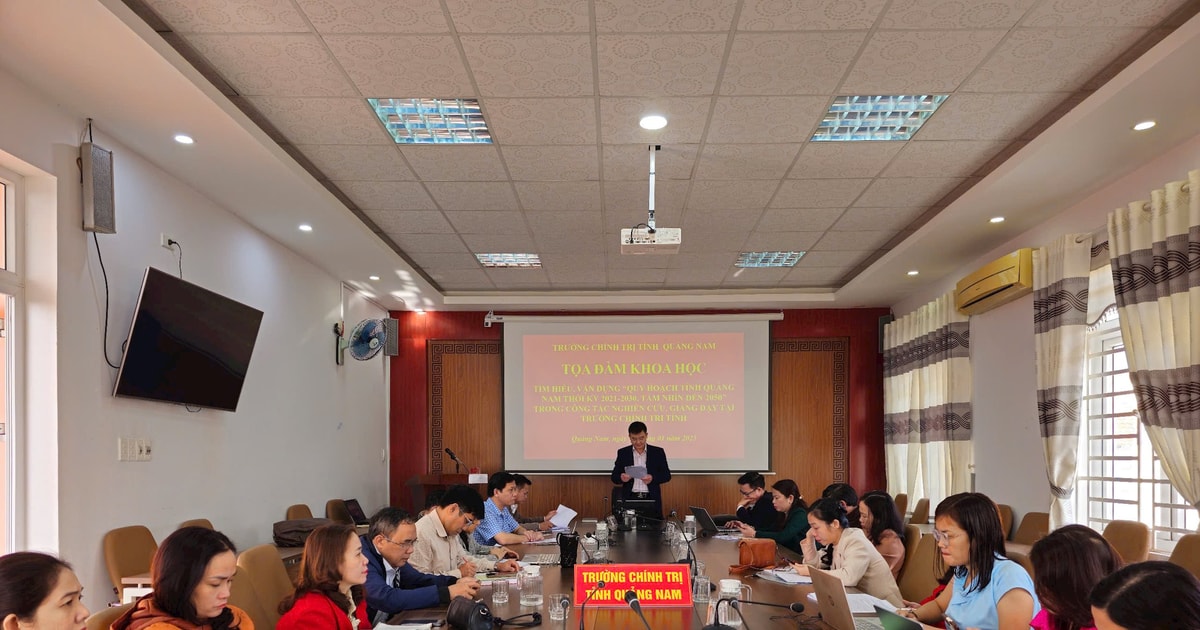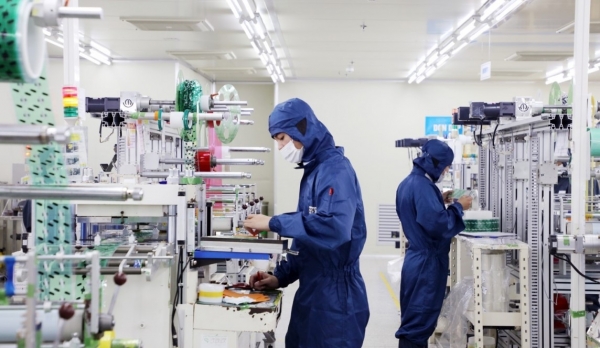The above information was shared by business representatives at the seminar "Needs and orientations for cooperation with businesses of the School of Materials" recently organized by the School of Materials, Hanoi University of Science and Technology.
Mr. Hamada Shogo, Director of Daiwa Plastics Thang Long Company, said that while still in university, students should equip themselves with many skills in addition to professional knowledge, generally called the ability to be ready to work in businesses.

Students need to equip themselves with more skills in addition to specialized knowledge. (Illustration photo)
Mr. Hamada Shogo pointed out 3 skills that students need to be well equipped with before working in businesses. Firstly, to quickly catch up with the work, students need to learn unique techniques at the workplace, which are companies and businesses. This is the fastest way for students to apply the specialized knowledge they have learned into the practice of manufacturing products for businesses.
Second, communication skills, this is one of the most important skills when working in a business regardless of the field. During the work process, a lot of information must be exchanged, so poor communication will affect work results.
Mr. Hamada Shogo gave an example: "In a presentation with 10 listeners, but only 6 people understand the content, the remaining 4 people understand it in different ways, so the presentation is not successful. You have to speak so that all 10 people understand clearly to maximize work efficiency."
Third, marketing and advertising skills. He believes that at first glance, some manufacturing industries do not have much to do with marketing and advertising, but in depth, these two fields have a close relationship with each other. If you take a job in manufacturing, you must analyze whether the products you research sell well or not.
"The purpose of production is to sell products. Therefore, understanding marketing and advertising is important, helping individuals and businesses have a direction to adjust so that products reach the public more closely," he emphasized.
This Japanese businessman also commented that Vietnam's economy is developing very strongly, leading to companies developing in a multi-disciplinary direction, thus having quite high demands on human resources.
However, universities cannot train knowledge and skills well. Therefore, there must be a combination between universities and businesses, universities provide basic knowledge for students and businesses create conditions for them to practice and experience in real environments.
"Universities should train according to the needs of businesses. Students must study corporate finance, a process that may take several years but is the best way for high-quality human resources to fully develop their abilities after 4-5 years of university study," said Mr. Hamada Shogo.
At the seminar, many international business representatives also advised students to learn more about AI and digital transformation to quickly catch up with current trends. However, basic knowledge is still the most important, mastering a solid professional foundation can maximize the skills and experience accumulated from practice.
At the seminar, Associate Professor Nguyen Thanh Liem, Vice Principal of the School of Materials also emphasized: "Enterprises are important partners of the School of Materials in the process of training high-quality human resources closely linked to production reality. Cooperate to increase value for both sides, cooperate for sustainable development".
According to Associate Professor Liem, cooperation between training institutions and businesses will be carried out in a planned manner, both short-term and long-term activities, depending on the real needs of both sides, not just formalities, but step by step sharing support so that both can develop sustainably.
Source









































![[Photo] Prime Minister Pham Minh Chinh chairs Government Conference with localities on economic growth](https://vstatic.vietnam.vn/vietnam/resource/IMAGE/2025/2/21/f34583484f2643a2a2b72168a0d64baa)
























































Comment (0)